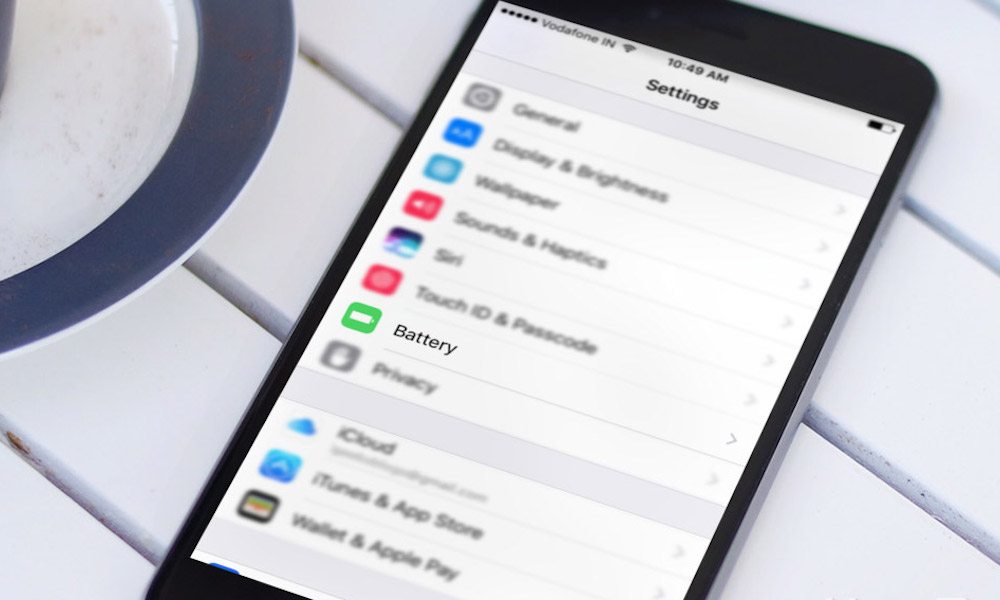U.S. Govt. Launches Investigation into Apple iPhone Slowdowns

Image via Megebyte
Toggle Dark Mode
The U.S. government is investigating whether or not Apple broke federal laws with a software update last year that throttled older iPhones.
The U.S. Department of Justice and the Securities and Exchange Commission have reportedly launched a probe that will determine whether the Cupertino tech giant violated securities laws. The investigation centers around Apple’s public disclosure of the software update’s throttling mechanism, and whether the company misled investors about the performance of older devices.
At this point, the government has only requested information from Apple, according to a source familiar with the matter cited by Bloomberg. The source added that the probe is private, and since it’s still in its early stages, it’s too soon to conclude that the DoJ and SEC will come down on Apple for anything.
Spokespeople for the DoJ and SEC declined to comment on the matter, due to the investigation being private. In addition, Bloomberg said that an Apple spokesperson didn’t immediately respond to a request for comment.
‘Batterygate’ Timeline of Events
It’s only the latest event in a controversy following Apple’s announcement that it had implemented a software measure that slowed down iPhones as their batteries aged. The power management mechanism was meant to protect against random reboots and other issues that could take place due to degrading batteries on devices like the iPhone SE, iPhone 6s and iPhone 7.
The backlash centers around the fact that Apple wasn’t transparent about the iPhone slowdowns when it released the software in early 2017. Apple admitted to throttling older iPhones several weeks ago, nearly a year after it had implemented the power management mechanism.
Since then, Apple has seen a wave of consumer outrage and increased scrutiny over iPhone slowdowns. As of Jan. 12, there were a total of 32 class action lawsuits levied at the company across the U.S., as well as several government probes investigating the matter in other countries like France and Italy.
Apple did apologize for the lack of transparency and began offering discounted battery replacements so that users could get their devices to perform normally. The vast increase in repair orders and constrained stock of batteries have had some users jumping through hoops to get new batteries for their devices, however.
Additionally, the company will release new features in iOS 11.3 that will let users keep a closer eye on their iPhone battery health. As promised by CEO Tim Cook, the software update will also let users turn off throttling for older devices. With the throttling feature toggled off, iPhones might perform better, but they will also be prone to random rebooting.
The situation doesn’t bode well for Apple, which is also struggling with other software and hardware-related issues (some of which aren’t the company’s fault). Earlier on Tuesday, Bloomberg reported that Apple was delaying certain iPhone and Mac software features to focus on quality improvements for its existing platforms.






